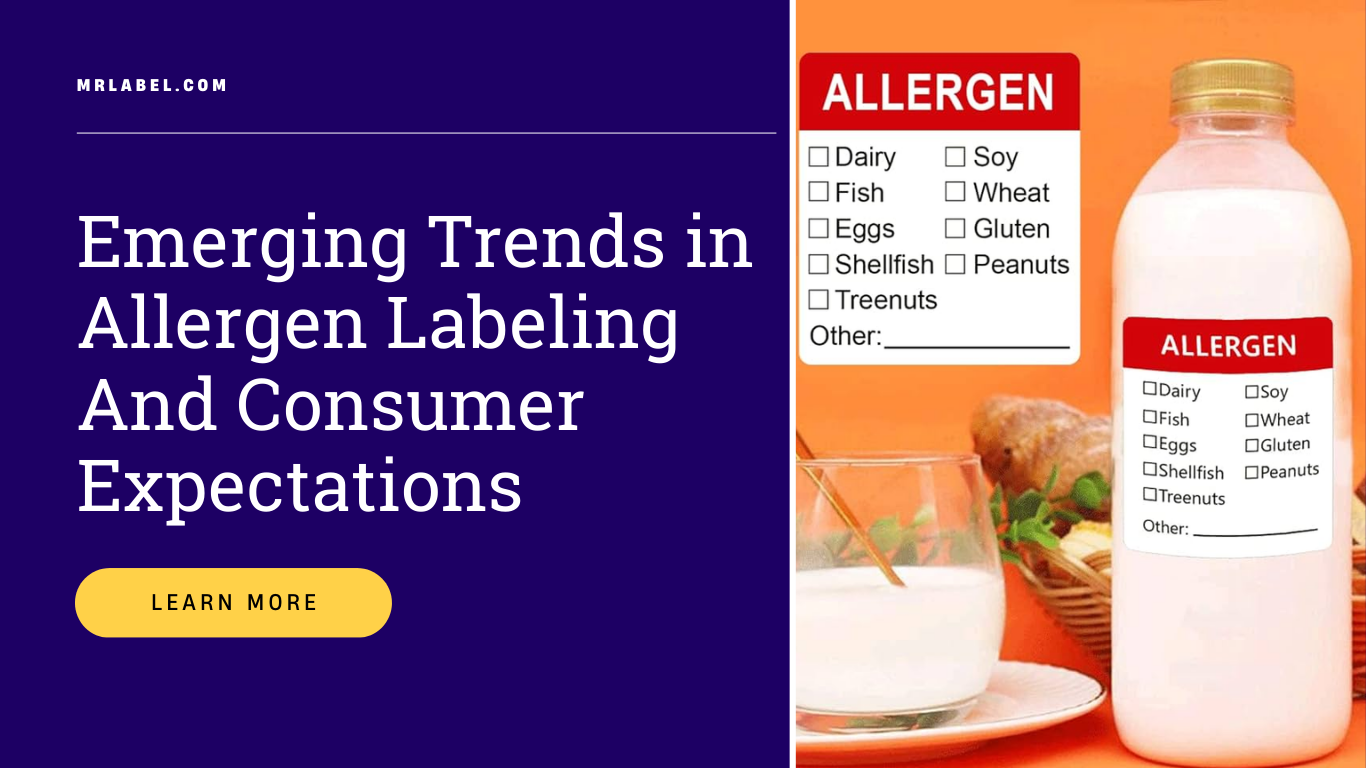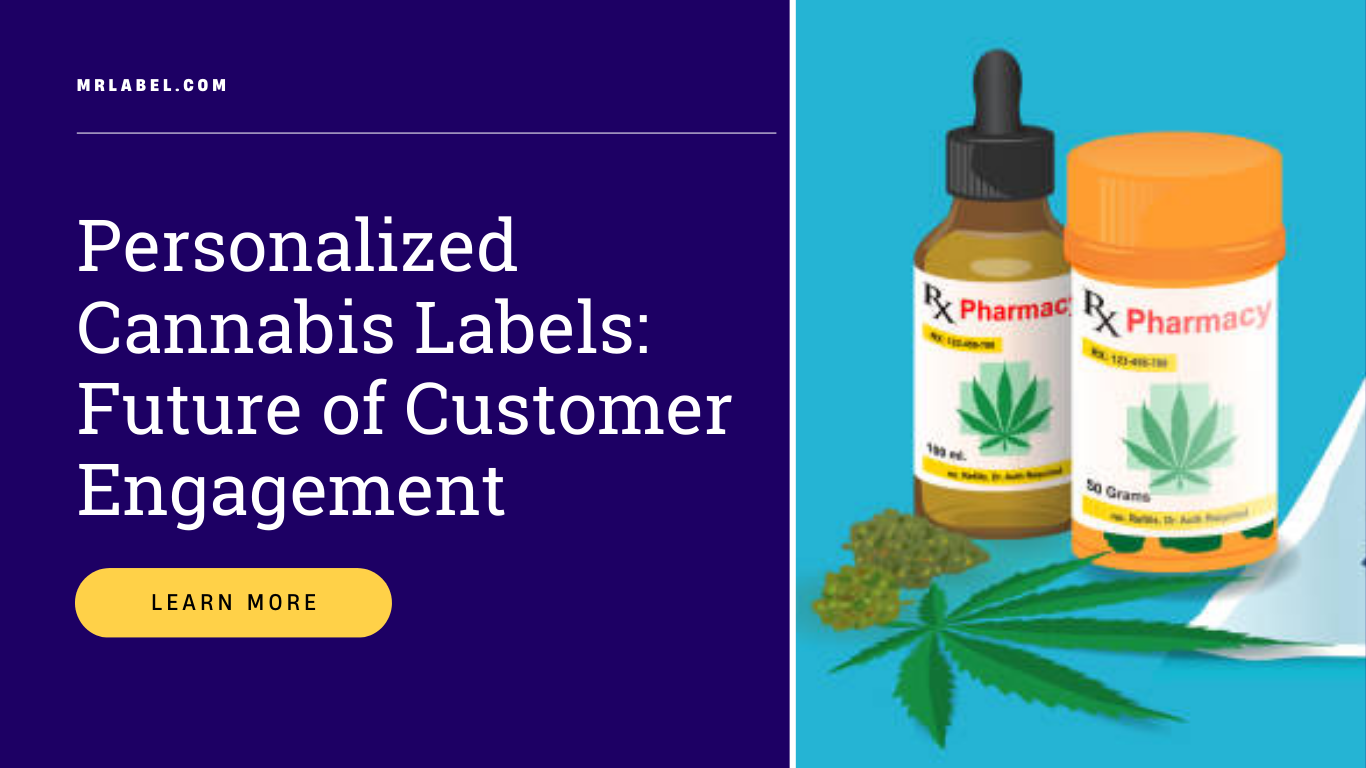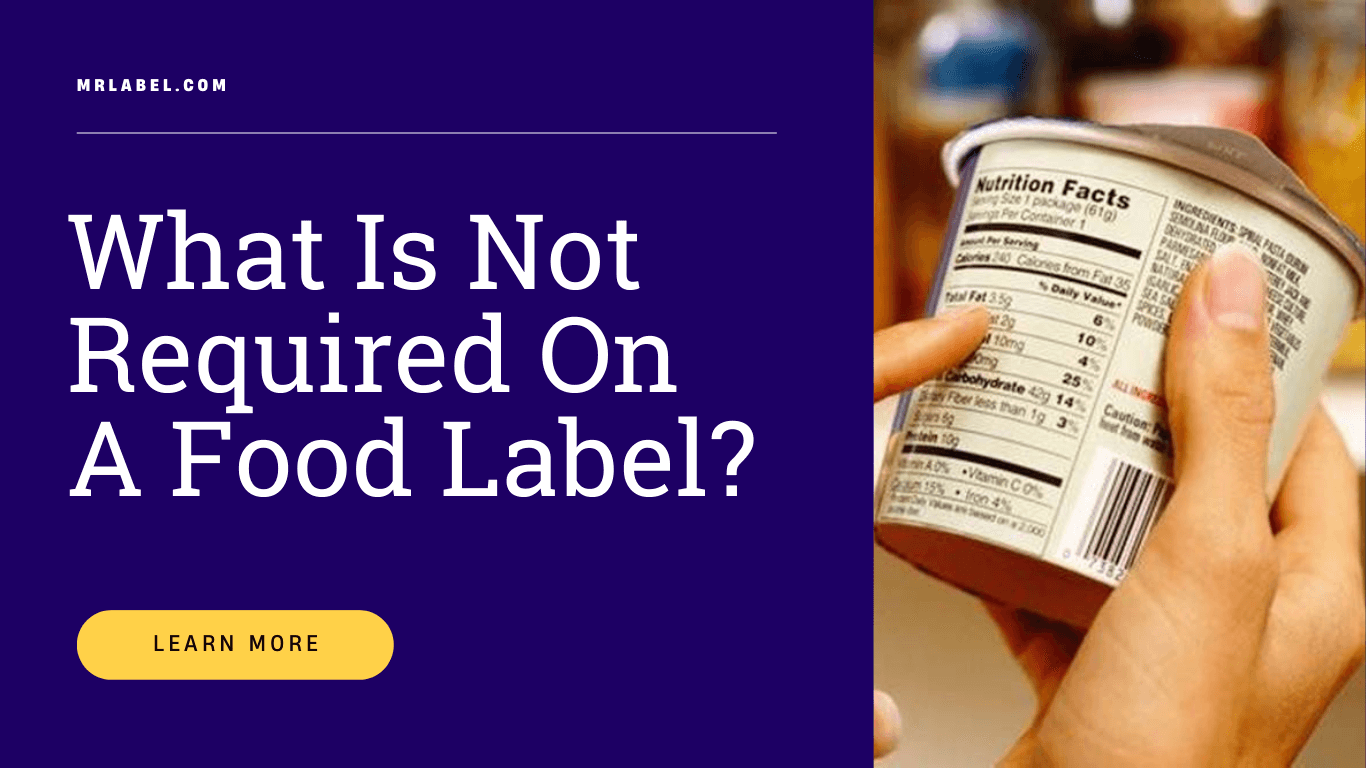Food and beverage retailers are no strangers to the increasing importance of allergen labeling.
Consumer awareness keeps growing, and so does the demand for transparent and detailed product information. For retailers, staying ahead of emerging trends in allergen labeling is not only crucial for compliance but also for building trust and loyalty among customers.
Today, we provide a closer look at the latest developments and what they mean for your business.
1. Expanded Allergen Lists
Regulatory bodies are broadening the list of recognized allergens.
In the U.S., the Food Allergy Safety, Treatment, Education, and Research (FASTER) Act added sesame as the ninth major allergen, effective January 1, 2023. Internationally, ingredients like mustard and lupin are gaining attention as potential allergens. Retailers should monitor these developments to update labeling practices accordingly.
2. Precautionary Allergen Labeling (PAL)
Precautionary allergen labeling, such as “may contain” or “produced in a facility that processes,” is becoming increasingly scrutinized.
Consumers and advocacy groups often view these statements as vague or overused, leading to frustration and mistrust. In response, regulators and industry groups are working on standardizing PAL guidelines to make these labels clearer and more reliable.
Retailers can benefit from adopting best practices now, so that their products meet future expectations.
3. Digital Labeling Solutions
Digital labeling has become a game-changer in allergen transparency.
QR codes and smart packaging allow retailers to provide detailed ingredient information without overcrowding physical labels. This technology enables consumers to access allergen details, sourcing information, and even recipes with a quick scan.
Digital labeling not only improves compliance but also creates a more engaging and informative shopping experience.
4. Allergen-Free Claims and Certifications
With the rise of allergen-free diets and the growth of niche markets, certifications like “gluten-free” or “nut-free” are gaining traction. These certifications help consumers identify safe products quickly and confidently.
For retailers, offering certified allergen-free options can expand your customer base and enhance brand loyalty.
5. The Role of Consumer Education
Educating consumers about allergen labeling is equally important.
Many shoppers still misunderstand terms like “processed in a facility” or “may contain.” Retailers have the opportunity to bridge this gap by offering in-store or online resources that explain labeling practices.
Clear signage near allergen-free products helps guide customers in making safe choices. Hosting workshops or sharing informative videos on social media further empowers consumers to understand allergen labeling effectively.
Looking Ahead
The future of allergen labeling lies in precision, transparency, and innovation.
Food and beverage retailers who stay informed and adapt to these trends will not only achieve compliance but also meet the growing expectations of health-conscious consumers.
About M&R Label
Since 1989, M&R Label has specialized in high-quality, custom label printing across diverse industries. With a customer-first philosophy and a commitment to fast turnaround, we combine advanced technology, skilled experts, and a dedication to service. Located in University Park, Illinois, our state-of-the-art facility enables efficient, reliable label production, treating each client as a valued partner. From short-run projects to large orders, M&R Label strives to deliver excellence with every order.
If you’re interested in learning more about our label services and would like us to provide you with a FREE quote, trust the experts at M&R Label to help you!
Call Us at (708) 534-6621 or Request a Quote!



